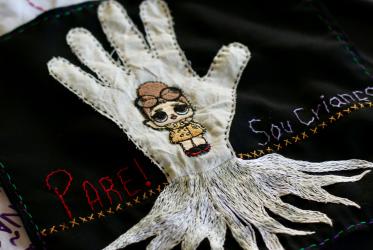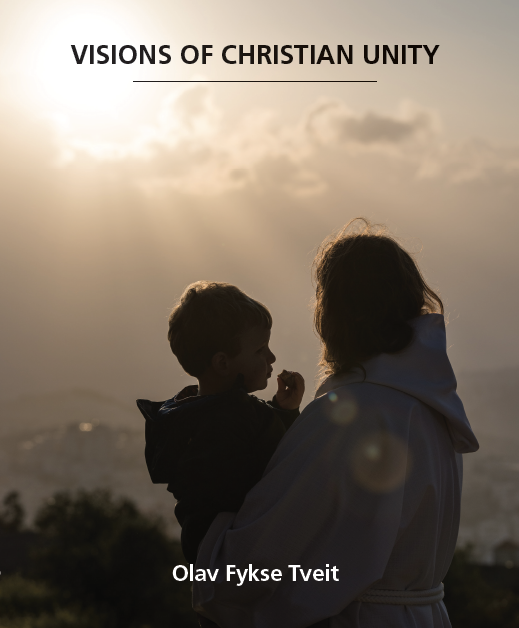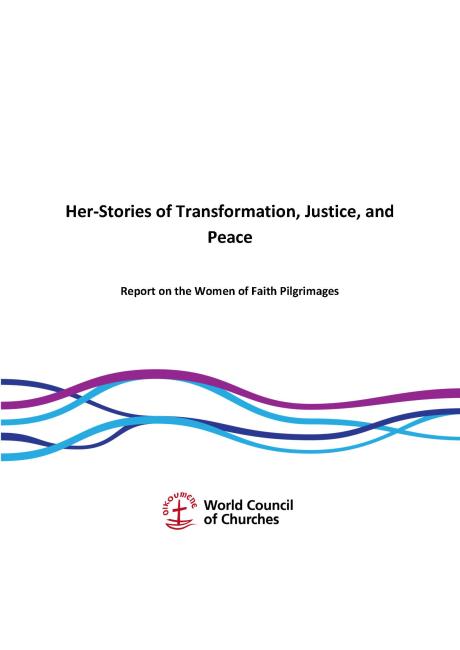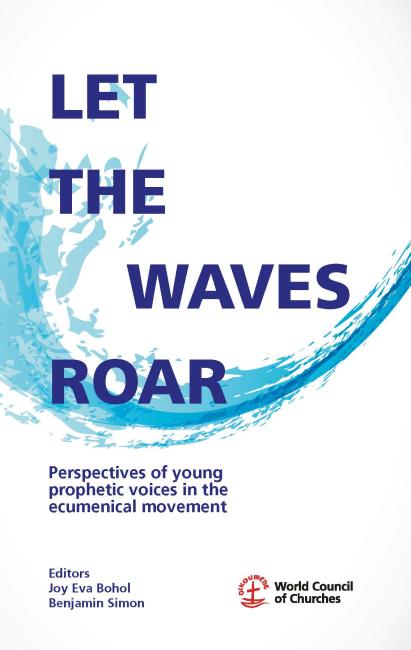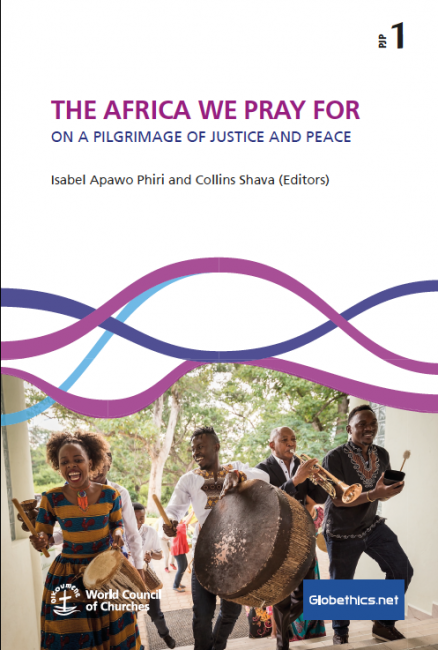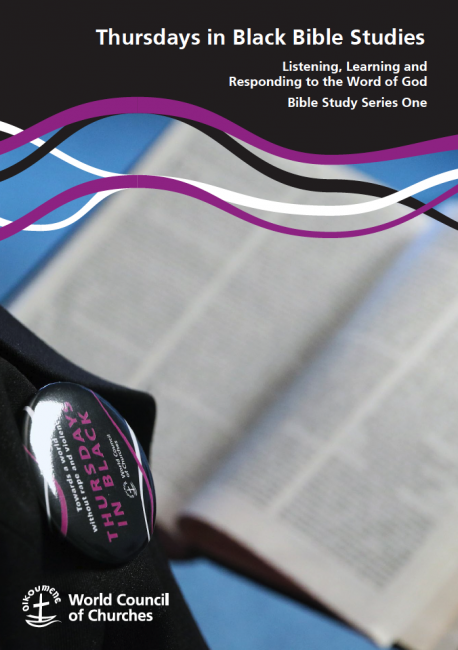Displaying 1 - 20 of 34
Ahead of Her Time
Pan-African Women of Faith and the Vision of Christian Unity, Mission, and Justice
01 November 2023
Thursdays in Black Bible Study: Solomon’s Wisdom in Judgment
08 December 2022
Hospitality and encounter: The rich welcome of German churches
15 September 2022
Visions of Christian Unity
24 August 2022
Towards an Ecumenical Theology of Companionship: PJP Series 3
A Study Document for the Ecumenical Pilgrimage of Justice and Peace
19 August 2022
Her-Stories of Transformation, Justice, and Peace PJP Series
Report on the Women of Faith Pilgrimages
11 July 2022
Let the Waves Roar
Perspectives of Young Prophetic Voices in the Ecumenical Movement
19 December 2021
11th Assembly Bible study - Advent and Christmas
25 November 2021
ZacTax Toolkit
24 November 2021
Thursdays in Black Bible Studies Series 1
Listening, Learning and Responding to the Word of God
21 October 2021


